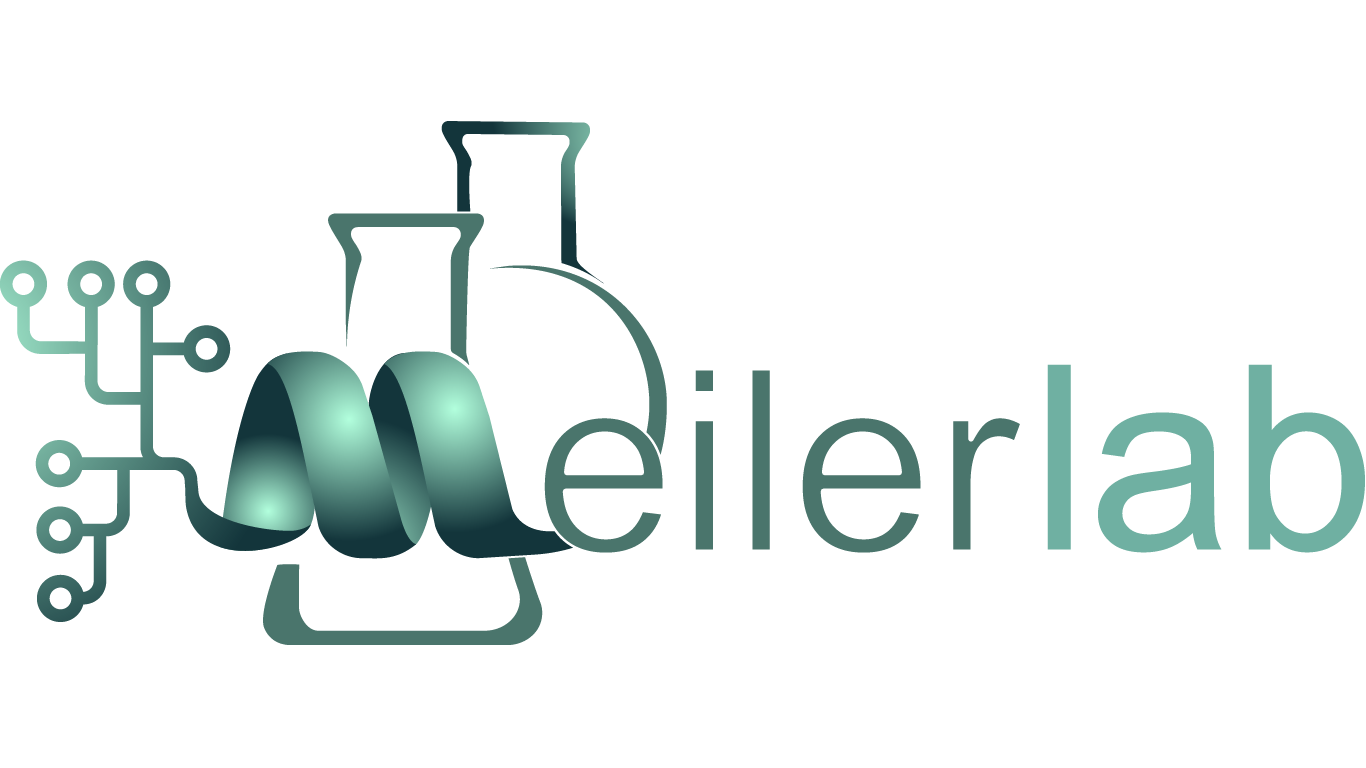Preparing for the Workshop
Computer and Software Installation
Participants in the virtual workshop are expected to have access to a Unix compatible system on which they can install Rosetta and other required software.
Each participant is expected to secure the appropriate license for Rosetta prior to the workshop. See the RosettaCommons website for details on how to obtain Rosetta.
Command line Rosetta (the version being used for the workshop) runs on Unix-like operating systems (such as Linux and MacOSX). It does not run natively on Windows machines. People with Windows systems will either need to find a different machine, install a Virtual Machine environment (like VirtualBox) or attempt to use the Windows 10 Subsystem for Linux. (With the understanding that the last is not well-tested by RosettaCommons.)
Workshop tutorials contain a substantial portion of interactive and graphical elements. Use of computational clusters with only non-interactive batch-job submission or with text-only logins are unlikely to be suitable.
Required Software:
(subject to change — a complete list will be sent to participants a week ahead of time.)
- Rosetta version 3.13
- Molecular Viewer (e.g. Pymol, USCF Chimera)
- Python 2.7
- Biopython 1.73 or later
- Pymol package
- matplotlib
- pandas
- seaborn
- Perl
- R/Rscript
- Standard Unix tools like grep/awk/sed/head/tail/sort
- Web browser
- Plain text editor (e.g. gedit — Not a word processor!)
- Image viewer (e.g. gthumb/eog on Linux)
- Spreadsheet program (e.g. Excel or loffice)
- PDF reader
While we will attempt to assist with general issues in installing Rosetta, the instructors unfortunately cannot provide individual guidance on troubleshooting technical issues on your particular system.
UNIX Operating Systems
Workshop participants are expected to be familiar with Unix-like operating systems. Before the workshop, please review the following resources:
- University of Surrey Unix Terminal Tutorials:
Contains workable examples. Highly recommended. - Linux Command: Learning the Shell
Due to the virtual nature of the workshop, the amount of assistance we can provide to people on basic Unix skills is limited.
Scripting Languages
Rosetta users often prepare input files and analyze Rosetta output models using scripts typically written in Python. While the workshop does not require the knowledge of scripting langauges, understanding the provided scripts and troubleshooting them is easier if you have familiarized yourself with Python:
Molecular Visualization Tools
You will also need a tool to visualize biomolecular structures. We will assume the use of PyMOL, but you can use any of the tools below:
Rosetta Resources
You can learn more about Rosetta using these resources:
The tutorials are based on on the following papers:
- Kaufmann, K. W., Lemmon, G. H., Deluca, S. L., Sheehan, J. H., & Meiler, J. (2010). Practically useful: what the Rosetta protein modeling suite can do for you. Biochemistry, 49(14), 2987-2998.
- Bender BJ, Cisneros A, Duran AM, Finn JA, Fu D, Lokits AD, Mueller BK, Sangha AK, Sauer MF, Sevy AM, Sliwoski G, Sheehan JH, DiMaio F, Meiler J, & Moretti R. (2016). Protocols for Molecular Modeling with Rosetta3 and RosettaScripts. Biochemistry, 55(34), 4748-63.
- Schoeder CT, Schmitz S, Adolf-Bryfogle J, Sevy AM, Finn JA, Sauer MF, Bozhanova NG, Mueller BK, Sangha AK, Bonet J, Sheehan JH, Kuenze G, Marlow B, Smith ST, Woods H, Bender BJ, Martina CE, Del Alamo D, Kodali P, Gulsevin A, Schief WR, Correia BE, Crowe JE Jr, Meiler J, Moretti R (2021). Modeling Immunity with Rosetta: Methods for Antibody and Antigen Design Biochemistry, 60(11):, 825-846.
Materials from previous workshops can be dowloaded from the Meiler Lab website.
Additional demos can be found here.
